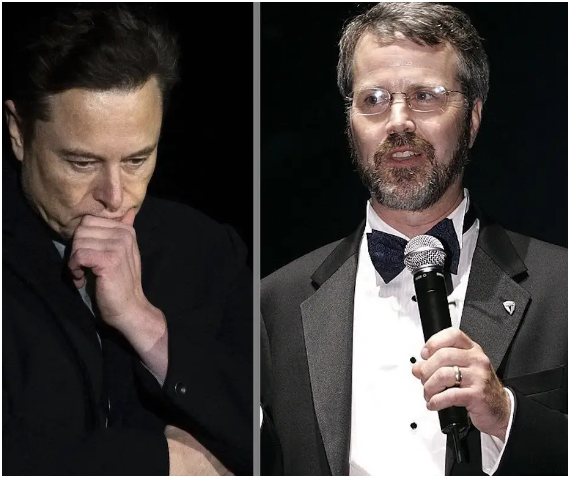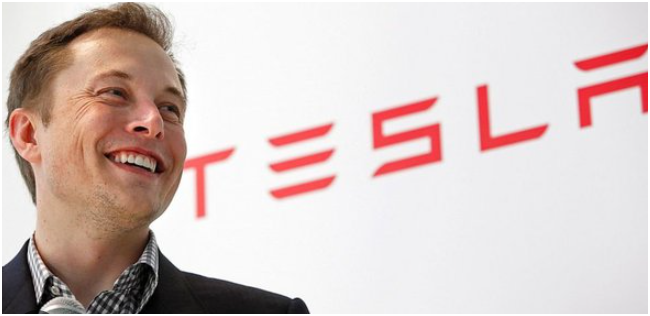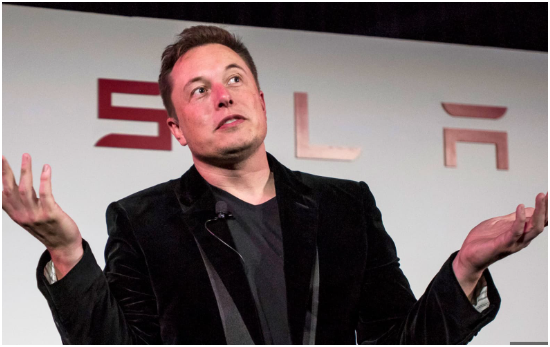Tesla Former CEO Martin Eberhard has voiced his disappointment regarding Elon Musk’s decision to delay the company’s low-cost car program.
Speaking at the inaugural HSBC Global Investment Summit, Eberhard emphasized the importance of Tesla reconsidering this decision, arguing that low-cost electric vehicles (EVs) present a more promising market opportunity compared to the company’s larger truck models. He stated, “I read recently that it has decided not to pursue their Model 2, their low-end car because they don’t think they can compete with the low-end Chinese cars. I think that’s a shame, they might want to rethink that. It seems like a better market than that gigantic truck they make.”
The remarks from Eberhard followed reports from news agency Reuters, which suggested that it had abandoned its plans to produce a more affordable vehicle. While Elon Musk denied these reports initially, subsequent claims indicated that it was shifting its focus towards introducing a robotaxi to the market.

In addition to his critique of Tesla‘s strategic direction, Martin Eberhard expressed optimism about the burgeoning electric vehicles sector and welcomed the entry of various players into the market.
He suggested that Tesla should prioritize cost efficiency over technological advancements solely for the sake of innovation. Eberhard emphasized the unique dynamics of the automotive industry, highlighting that it differs from Silicon Valley’s tech landscape, as it does not adhere to a winner-takes-all model. He stated, “It’s important to understand that the automotive space is not like Silicon Valley in the sense that this is not a space in which there is a winner-takes-all technology. We can have a dozen different car companies around the world making a dozen different types of cars, meeting different positions in the market and all succeeding.”
Eberhard’s comments underscore the complexities and challenges faced by Tesla as it navigates the rapidly evolving EV market. While Tesla has been a trailblazer in the industry, pioneering advancements in electric vehicle technology, Eberhard’s critique highlights the importance of balancing innovation with market demand and cost considerations. As Tesla continues to chart its course in the electric vehicle landscape, it may need to carefully reassess its strategies to remain competitive and capitalize on emerging opportunities.
In recent years, the electric vehicle (EV) sector has witnessed significant growth and innovation, with several players entering the market to capitalize on the increasing demand for sustainable transportation solutions. Martin Eberhard’s remarks reflect a broader sentiment within the industry, highlighting the need for companies like Tesla to adapt and evolve in response to market dynamics.

One of the key challenges facing Tesla is its ability to produce affordable EVs that appeal to a broader segment of consumers. While the company has achieved success with its high-end models, such as the Model S and Model X, there is growing competition from other manufacturers, particularly in the low-cost segment. As Eberhard suggests, Tesla’s decision to delay its low-cost car program could limit its competitiveness in this rapidly expanding market.
Moreover, the emergence of new technologies and business models, such as autonomous driving and ride-hailing services, presents both opportunities and challenges for Tesla. While the company has made significant strides in developing autonomous driving capabilities, the shift towards a robotaxi model could require substantial investments and strategic realignment.
Despite these challenges, Tesla remains a dominant force in the EV industry, with a strong brand reputation and loyal customer base. However, as the market becomes increasingly crowded, the company must continue to innovate and differentiate itself to maintain its competitive edge.

In conclusion, Martin Eberhard’s comments underscore the importance of strategic decision-making and adaptability in the rapidly evolving electric vehicle market. As Tesla navigates the challenges and opportunities ahead, it must remain vigilant and responsive to changing consumer preferences, technological advancements, and competitive pressures. By doing so, Tesla can position itself for long-term success and continue to drive the transition towards sustainable transportation.
Stay informed with the latest updates – click here .

